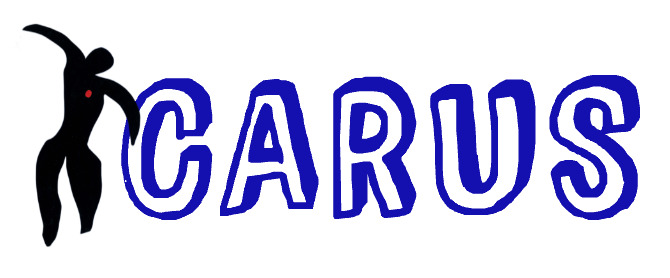
CANCELLED - In terms of imagination, science is bad comedy improv
ENS, Pavillon Jardin, meeting room, 29 rue d'Ulm, 75005 Paris
There is no particular scientific method. If we could form a government to rule science, it should be anarchist, not democratic. Science does not produce objective statements of fact, but stories whose value depends on the audience. These claims earned Paul Feyerabend the title “the worst enemy of science.” Academics and elites responded mostly with continued support for a policy of dogmatism : if we can just force everyone to believe in the objectivity of science, everything will be fine. But the benefits of this strategy for science and society are dubious. In this talk, I recommend we reconsider a theme from Feyerabend’s later work : looking at the epistemology of art as a toolbox for the epistemology of science. Feyerabend argued that science deals in stories, and that representations are “theatrical.” So, what makes a good story ? What should their genre be ? What makes good theatre ? What is the proper role for humour and emotion in science ? Pointing the way forward, I show that Feyerabend’s answers all revolve around the imagination, whose sanctity and freedom he relentlessly defended. To move forward, I first identify the many kinds and uses of imagination that have been proposed since Feyerabend, and then use these to inform an account of creative scientific problem-solving at the cutting edge of science which portrays it as (being like) (comedy) improv. I close by considering the epistemological and ethical consequences of such a view.

The ICARUS seminar (Imagination, Creativity, Affect, Reverie, Utopia, Senses) will focus on the interdisciplinary study of the boundary line that separates, for our minds, reality from everything that transcends it. By bringing together philosophy and the cognitive sciences, we will explore the capacities and states (notably imagination and dreaming) that enable us to re-elaborate sensory and affective data and to apprehend the world from new perpectives, even from other worlds or utopias. Drawn into its wanderings and reveries, the mind is capable of producing ideas or objects deemed novel and valuable, in other words, of pispaying creativity. But how far can we take this power that we have received as a species (and perhaps not just us, human beings) ? It is advisable not to fly too close to the sun.
